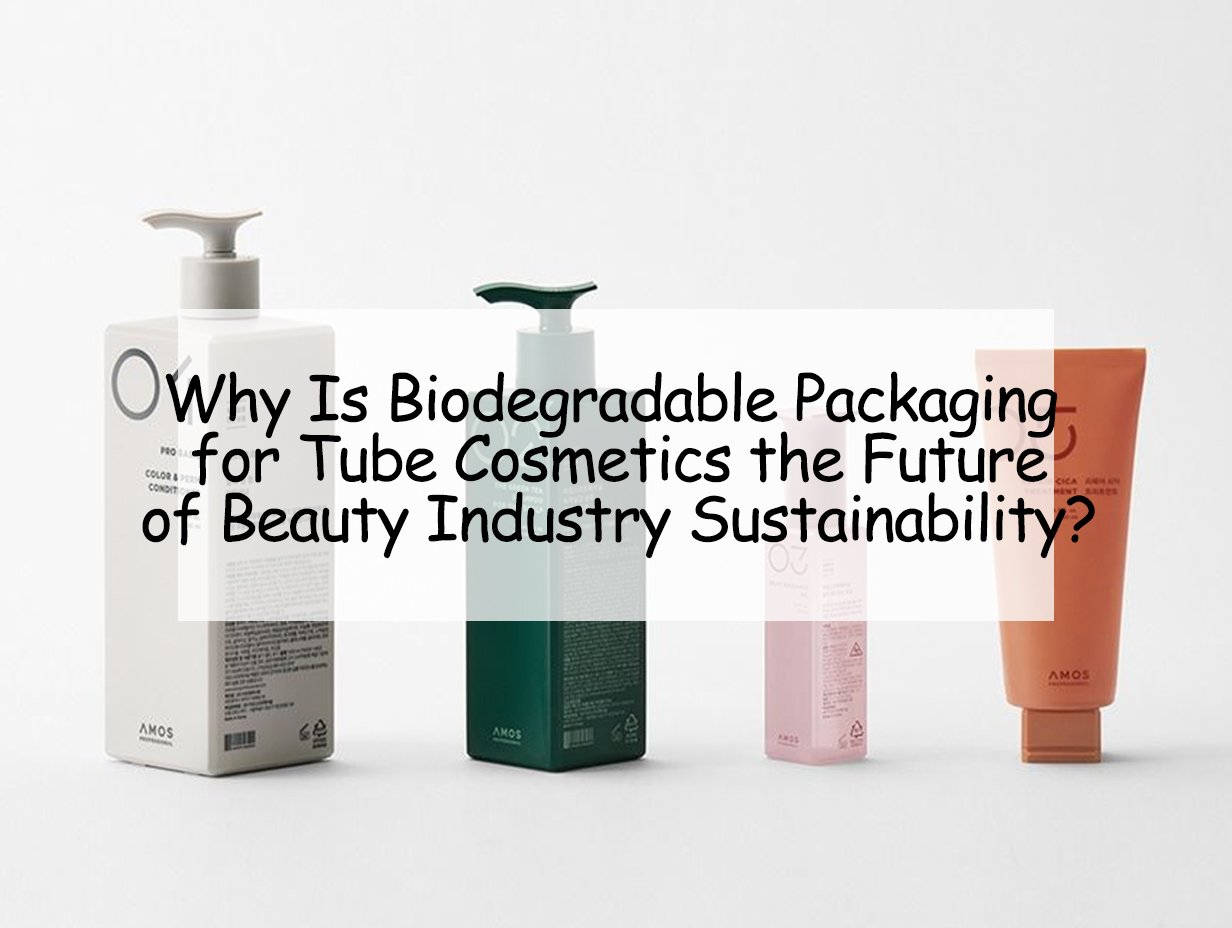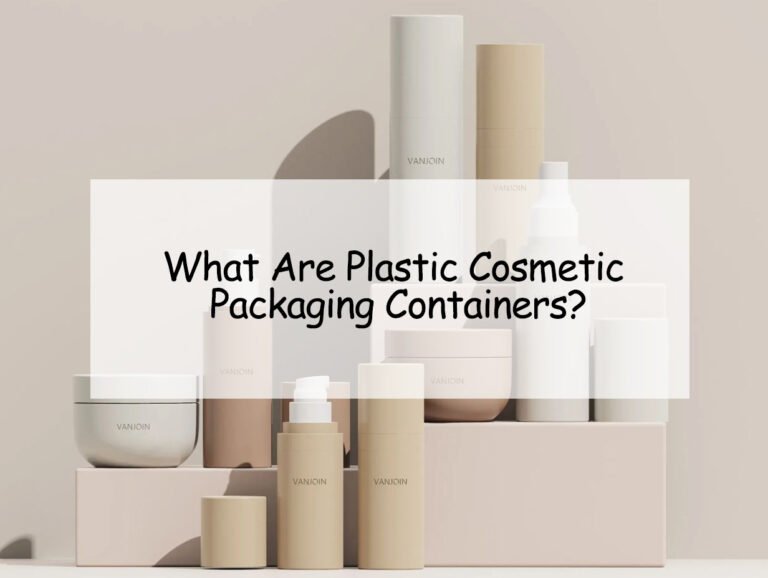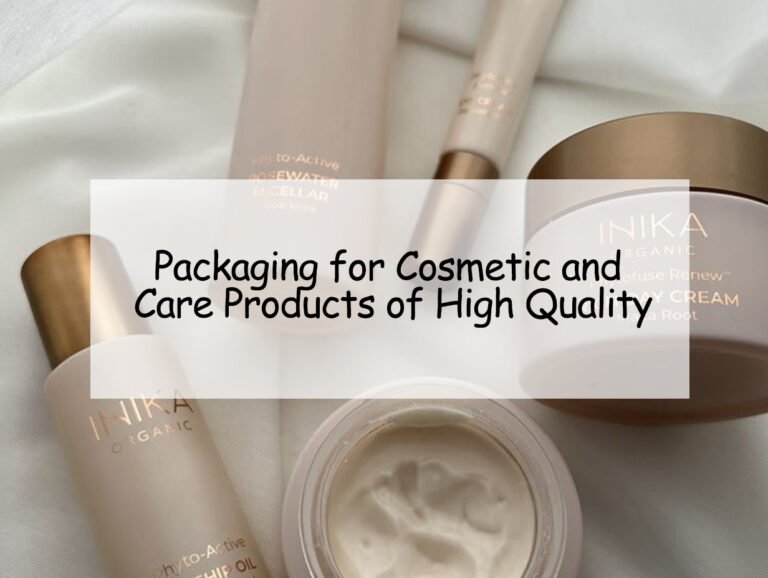Are you concerned about the environmental impact of your beauty products? The beauty industry is turning to biodegradable packaging to reduce waste and promote sustainability, offering a cleaner future.
Biodegradable packaging in cosmetics is becoming a key sustainable solution, helping brands reduce their environmental footprint while aligning with eco-conscious consumer demands. This shift is crucial for a greener beauty industry.
Curious about the benefits of biodegradable packaging? Keep reading to discover why it's becoming a must-have for brands aiming to lead in sustainability.
What Is Biodegradable Tube Cosmetic Packaging?
Traditional cosmetic packaging contributes to environmental harm, but biodegradable tube packaging1 offers a sustainable alternative. It decomposes naturally, helping brands meet consumer demands for eco-friendly solutions2.
Biodegradable tube cosmetic packaging1 is designed to decompose naturally, using eco-friendly materials2. This sustainable approach helps reduce waste and supports brands in achieving their environmental goals3, aligning with consumer expectations.
Understanding Biodegradable Materials
Biodegradable packaging1 is made from natural or bio-based materials1. Common materials include:
| Material | Benefits | Challenges |
|---|---|---|
| PLA (Polylactic Acid) | Renewable and compostable | Limited heat resistance |
| PHA (Polyhydroxyalkanoates) | Biodegrades in various environments | Higher cost compared to plastics |
| Cellulose-Based | Renewable and recyclable | Less durable than synthetic plastics |
These materials help reduce reliance on fossil fuels and decrease plastic pollution. By choosing biodegradable options1, brands contribute to a healthier planet.
Why Are Brands Turning to Biodegradable Packaging?
Consumers are increasingly seeking sustainable products4, and brands are responding by adopting biodegradable packaging. This change helps meet environmental demands while aligning with growing market trends towards eco-conscious choices.
As sustainability becomes a top priority, many brands are turning to biodegradable packaging. This shift not only meets consumer demand but also strengthens a brand's commitment to environmental responsibility3.
Market Drivers for Sustainable Packaging
Several factors influence brands to choose biodegradable options:
- Consumer Awareness5: Increased knowledge about environmental issues drives demand for eco-friendly packaging.
- Regulatory Pressure4: Governments implement stricter regulations on plastic use, encouraging sustainable alternatives.
- Brand Image3: Companies aim to improve their reputation by adopting green practices.
- Cost Efficiency6: Long-term savings from reduced material costs and waste management fees.
Adopting biodegradable packaging] helps brands stay competitive and relevant in a changing market. I’ve seen firsthand how brands that prioritize sustainability attract loyal customers and gain a competitive edge.
How Does Biodegradable Packaging Benefit the Environment?
Traditional packaging generates significant waste and pollution. Biodegradable packaging offers an eco-friendly solution by naturally breaking down, reducing landfill overflow and lowering carbon emissions7 in the process.
Biodegradable packaging reduces waste and environmental harm by decomposing naturally. It helps minimize landfill contributions, decrease carbon footprints7, and conserves resources, making it a sustainable choice for eco-conscious brands.
Environmental Advantages of Biodegradable Packaging
- Reduced Waste: Decomposes naturally, minimizing landfill accumulation.
- Lower Carbon Emissions: Production processes emit fewer greenhouse gases.
- Resource Conservation: Uses renewable materials, decreasing dependence on non-renewable resources.
- Improved Biodiversity: Less pollution supports healthier ecosystems.
These benefits contribute to a more sustainable and healthier planet. In my experience working with JINLIN, implementing biodegradable packaging has significantly lowered our environmental impact and resonated with eco-conscious consumers.
What Innovations Are Driving Biodegradable Packaging?
Advances in material science and technology are transforming biodegradable packaging. Researchers are improving durability and functionality, making eco-friendly options more practical and appealing for a wide range of industries.
Innovative technologies are enhancing the performance of biodegradable packaging. These developments improve its durability, functionality, and overall appeal, helping brands adopt sustainable packaging solutions8 more effectively in the beauty industry.
Key Innovations in Biodegradable Packaging
- Advanced Biopolymers6: Development of stronger, more flexible bio-based materials.
- Smart Packaging5: Integration of sensors and indicators for product freshness.
- Recycling Technologies9: Enhanced methods for processing and reusing biodegradable materials.
- Design Innovations10: Creative packaging designs that maximize sustainability and aesthetics.
These advancements make biodegradable packaging a practical and attractive option for brands. For example, the introduction of smart packaging has allowed brands to ensure product integrity while maintaining eco-friendly standards2.
Challenges in Promoting Biodegradable Packaging
Biodegradable packaging offers numerous environmental benefits, but challenges such as high costs and limited availability still prevent widespread adoption. Overcoming these barriers is essential for realizing its full potential in sustainability.
Despite its eco-friendly advantages2, biodegradable packaging faces challenges such as cost and scalability. To make it more accessible, addressing these obstacles through innovation and consumer education5 is essential for broader adoption.
Overcoming Barriers to Adoption
| Challenge | Solution |
|---|---|
| High Production Costs | Invest in research to lower material costs |
| Limited Material Availability | Expand manufacturing capabilities and sources |
| Consumer Misunderstanding | Educate consumers on proper disposal methods |
| Performance Limitations | Continue innovation to improve material properties |
Addressing these challenges will enhance the feasibility and acceptance of biodegradable packaging. In my role at JINLIN, we focus on research and development6 to make biodegradable materials more affordable and accessible to our clients.
How to Choose a Biodegradable Packaging Supplier?
Selecting the right supplier for biodegradable packaging is crucial for ensuring both quality and sustainability. Brands need to carefully assess suppliers to ensure they meet environmental standards8 while providing reliable, high-quality products.
Choosing the right biodegradable packaging supplier1 requires careful evaluation of their sustainability practices8, product quality, and ability to meet your specific needs. This ensures you get eco-friendly packaging2 that aligns with your brand’s goals.
Key Factors in Selecting a Supplier
- Certifications: Ensure the supplier has relevant environmental certifications.
- Material Quality7: Verify the durability and biodegradability of materials used.
- Customization Options: Look for suppliers offering tailored packaging solutions.
- Supply Chain Transparency8: Choose suppliers with clear and ethical sourcing practices.
- Customer Support: Reliable communication and support services are essential for smooth operations.
These factors help brands partner with suppliers that align with their sustainability goals8. At JINLIN, we prioritize transparency and quality, ensuring our clients receive the best biodegradable packaging solutions1.
Conclusion
Biodegradable packaging is key to a sustainable beauty industry, reducing waste and supporting eco-friendly practices for a greener future.
-
Learn about the benefits and features of biodegradable tube cosmetic packaging solutions. ↩ ↩ ↩ ↩ ↩ ↩ ↩
-
Understand various eco-friendly packaging solutions and their advantages for brands. ↩ ↩ ↩ ↩ ↩
-
Discover strategies for using packaging to meet environmental sustainability goals. ↩ ↩ ↩
-
Explore the factors that increase consumer demand for sustainable and eco-friendly products. ↩ ↩
-
Learn how increased consumer awareness influences the adoption of sustainable packaging. ↩ ↩ ↩
-
Understand the role of research and development in reducing costs of biodegradable materials. ↩ ↩ ↩
-
Learn about carbon emissions related to packaging production and ways to reduce them. ↩ ↩ ↩
-
Discover best sustainability practices for selecting and working with packaging suppliers. ↩ ↩ ↩ ↩ ↩
-
Explore the latest recycling technologies that support biodegradable packaging materials. ↩
-
Learn about important certifications that ensure packaging suppliers are eco-friendly and reliable. ↩
2.png)

](https://jinlinpackaging.com/wp-content/uploads/2024/11/What-Is-Biodegradable-Tube-Cosmetic-Packaging.jpg)
](https://jinlinpackaging.com/wp-content/uploads/2024/11/Why-Are-Brands-Turning-to-Biodegradable-Packaging.jpg)
](https://jinlinpackaging.com/wp-content/uploads/2024/11/How-Does-Biodegradable-Packaging-Benefit-the-Environment.jpg)
](https://jinlinpackaging.com/wp-content/uploads/2024/11/What-Innovations-Are-Driving-Biodegradable-Packaging.jpg)
](https://jinlinpackaging.com/wp-content/uploads/2024/11/Challenges-in-Promoting-Biodegradable-Packaging.jpg)
](https://jinlinpackaging.com/wp-content/uploads/2024/11/How-to-Choose-a-Biodegradable-Packaging-Supplier.jpg)




